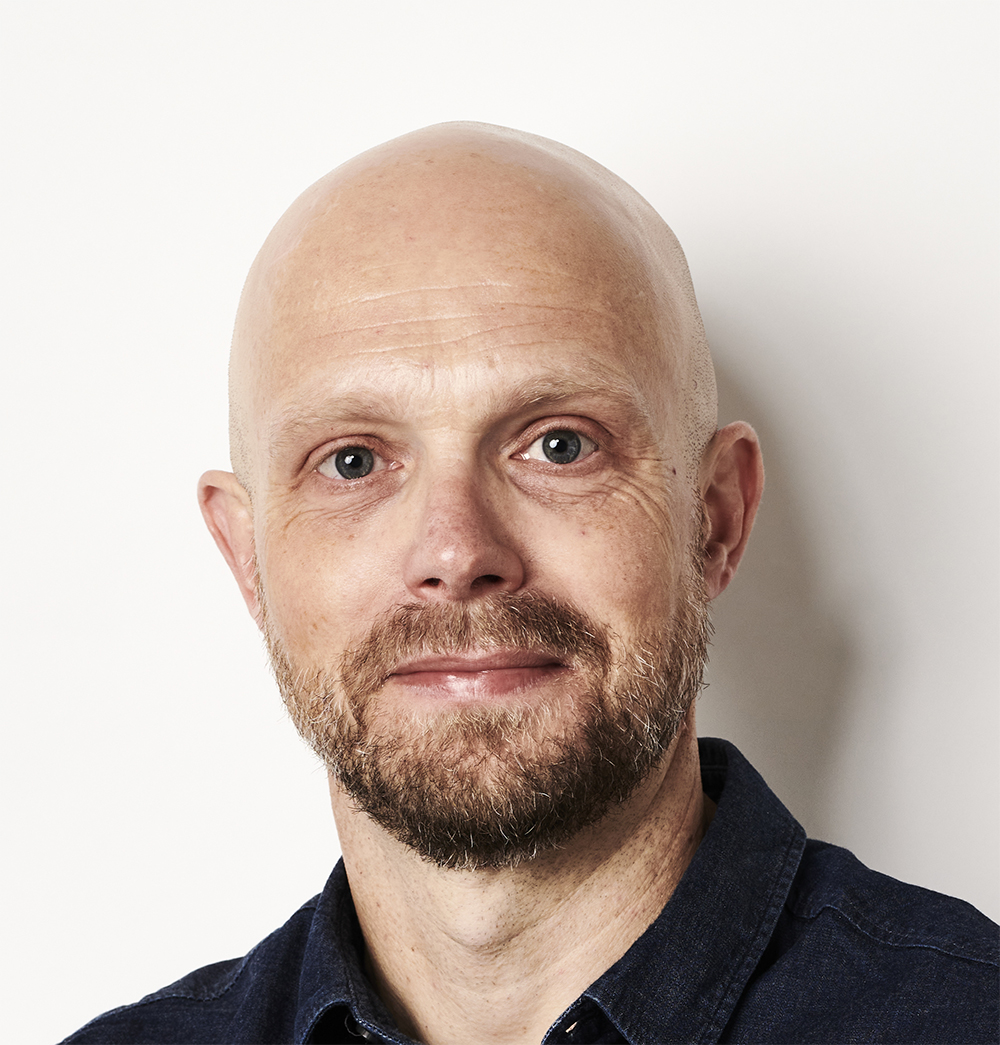For many artists, astronomy and space science is a source of inspiration. After all, there is immeasurable beauty to be found in the cosmos.
But for others, astronomy can be a release from the pressures that come with the need for constant creative output.
Ahead of the release of Bombay Bicycle Club’s sixth album My Big Day, we caught up with the band’s vocalist and guitarist Jack Steadman to find out more about his passion for astronomy.
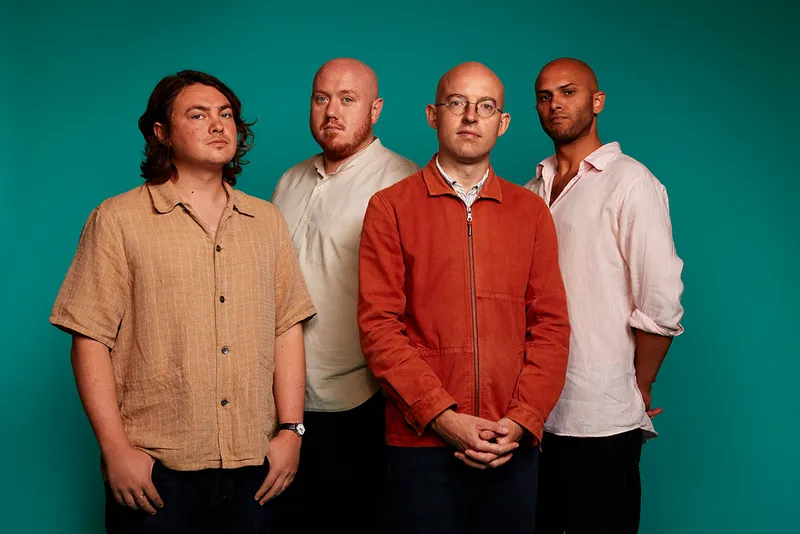
We hear astronomy is a source of inspiration for you…
It's actually more like the other side of things in a refreshing way, like an antidote to making music. Music is so subjective.
You could just keep going and keep asking, ‘Is this right or wrong? Is this good or bad? What am I doing?’ Which is going to be trying.
But then astronomy is all very objective: when I was studying astronomy, I found that quite satisfying, especially with the maths.
You'd work really hard at something and then you'd get an answer that was correct; you don't always get that with music.
I've always loved maths for that reason, but the special thing about astronomy for me is that it combines that objectivity with something very romantic, very mysterious.
Where did it all start with you and astronomy?
It was when the band took a break in 2014, but after our fourth record (the 2014 album So Long, See You Tomorrow Listen here), it was all going very well and we decided it'd be healthy to step away from it for a bit – we've been doing it since we were teenagers!
We thought, hold on a sec, maybe we're starting to take it for granted a little bit. Let's go and see if there are other things that interest us out there.
Looking back, it was a really healthy thing to do.
One of the things I did, alongside making a solo music project [Mr. Jukes] was to get really into astronomy, and I ended up studying astronomy for a year at the Open University.
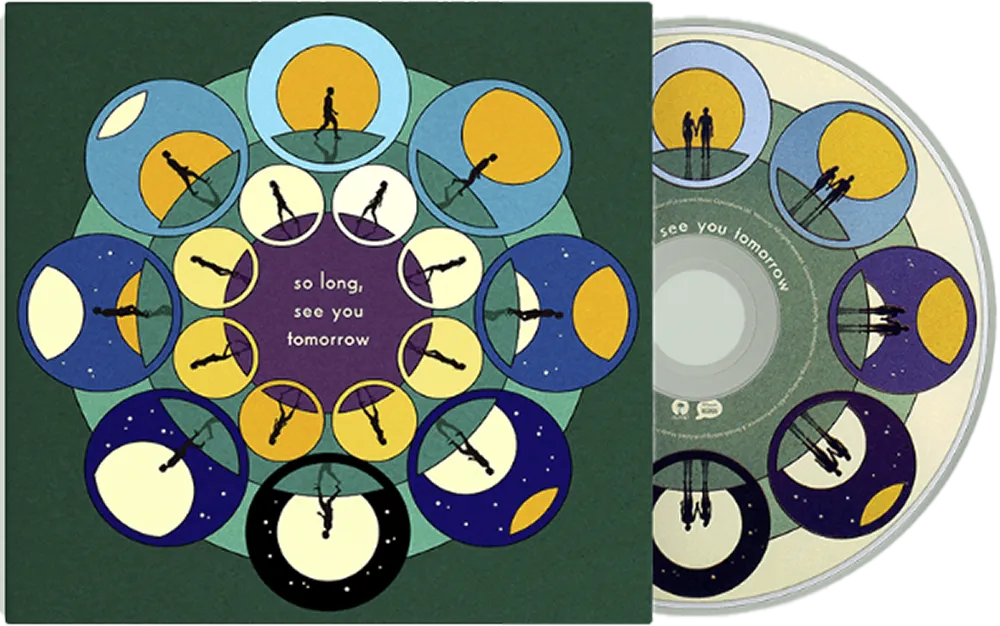
It’s impressive that you studied for a degree in astronomy. What led you to that?
When we left school we went straight into doing the band, so none of us went to university.
And I think part of me always thought, maybe it would be interesting get quite deep into a subject.
I really enjoyed it; I loved the maths, I loved the problem solving and getting a concrete answer at the end.
It was like, ‘I've done this, I've achieved this.’ It did give that sense of achievement that other things didn't.
And it was great; I hadn’t had that feeling in so long to have a teacher that really inspires you and gets you excited about what you're learning.
There were two parts of the degree that I got particularly interested in.
The first was radio astronomy. Maybe it was because of the sort of technological audio side of it, which as a music producer interests me quite a lot.
I went and bought a USB radio receiver and an antenna to put on my roof.
And the other thing was comets, just because there’s something so romantic to me about these little visitors that arrive and say hi every once in a while, and then disappear millions of miles away.
It’s quite a thought that what you saw is now on the other side of the Solar System!
I didn't get to finish the course.
I did one year and then the band decided to get back together (their fifth album, Everything Else Has Gone Wrong, was released in 2020. Listen here).
But because it's the Open University I get a long time to finish it.
So maybe on a tour, I can complete it. I could be travelling and making music elsewhere and then pick it up again.
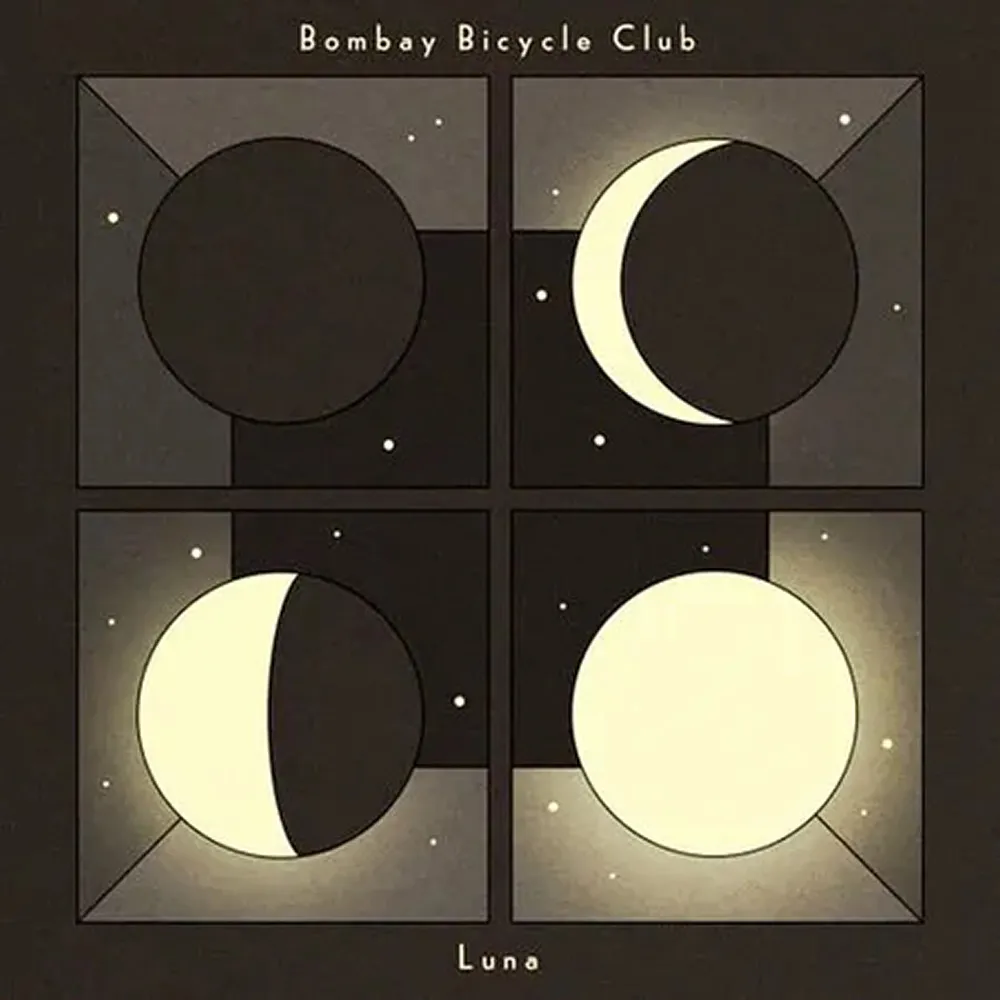
Was it the science of astronomy that got you interested?
No, the thing that got me into it at first was a pair of binoculars that I'd bought for birdwatching, because I was on holiday and going on lots of walks.
One night I opened my window and thought I'd just look around the night sky.
The first thing I saw was the Seven Sisters, the Pleiades, and I just couldn't stop staring at them!
If I'd seen something less interesting maybe I would've just put them down again.
But one thing led to another, and I got a telescope and started to study astronomy – I was just absolutely obsessed!
It was all I'd ever read about; for a while every book I bought was about popular science.
When I get into something like that, my hobbies, I go quite hard on it.
I tend to have sort of a year or two of very, very serious dedication to them.
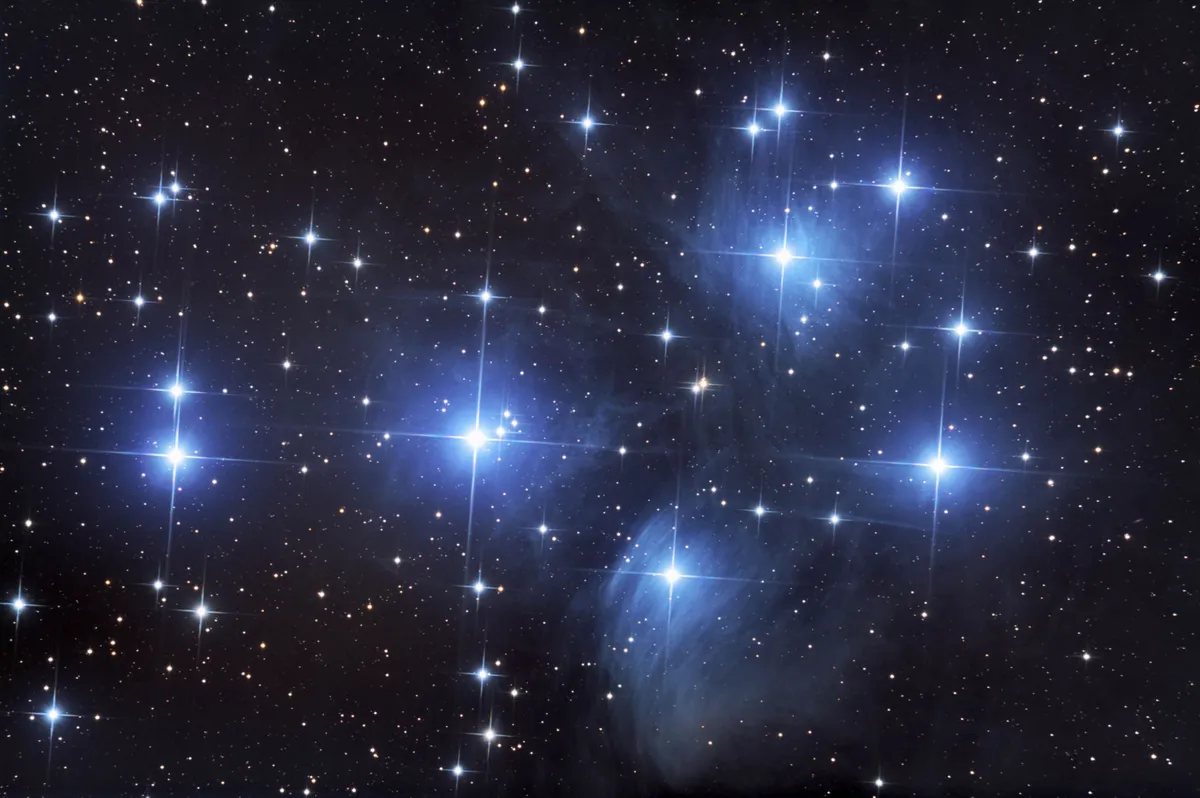
What did observing the night sky do for you?
I think it was the peace, the serenity of it.
I live in London and it's very busy, there's lots going on around me at night, cars beeping and all these sounds.
But looking through the lenses just it all blocked off and I got transported a little bit.
And later, the thing I loved about going observing the night sky was not only that moment, but also the feeling of hunting for something and then finding it.
I think that's very innately satisfying for humans.
I loved having the star chart and red torch and navigating around. It's like reading an OS map, which is another thing that I find very satisfying.
You’ve also got a telescope. How did you find the transition?
I remember getting the telescope very clearly. It's a Sky-Watcher SkyMax 127, a Maksutov Cassegrain, which I bought purely because my brain just couldn't really handle the view being upside down, which you get with a Newtonian telescope.
And I also read that they were good for planets and I knew that I was going to be in London.
I got very lucky, because it was a good time to see Jupiter the night I’d picked it up, and that was the first thing I saw.
Everyone speaks about the first time they see a planet in a telescope, and it really does take your breath away.
And then, of course, Saturn; and I got quite into the Moon.
I got an atlas of the Moon and to look at all the craters.
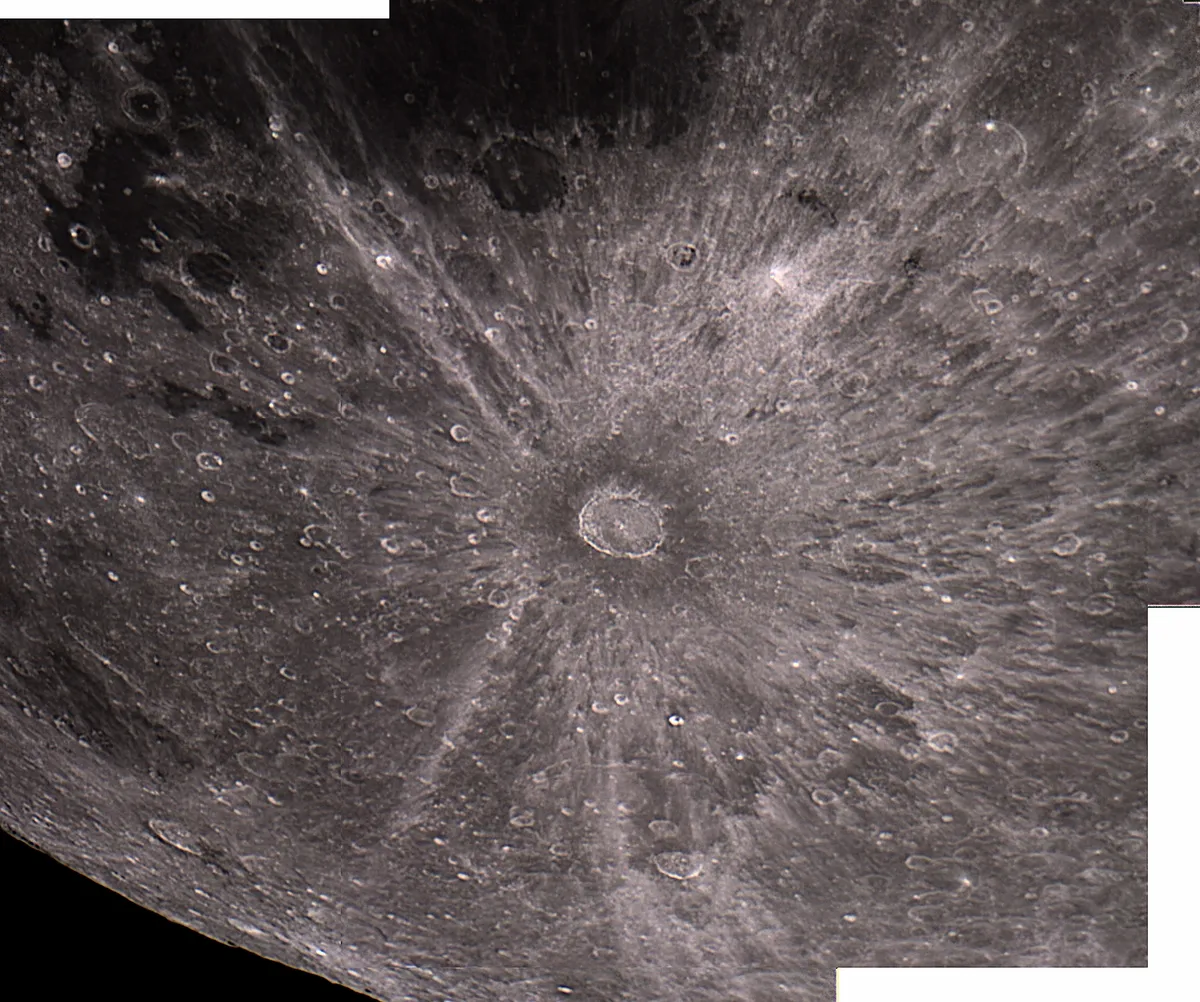
It's just very good for your wellbeing, you know, as a way to relax after being busy all day.
I've got a very happy memory of when we all went camping a few summers ago and I brought the telescope.
As I was setting it up everyone from the campsite came over to have a look at it and there was a bright comet at the time, which we all took it in turns to see.
That shared experience and social aspect of astronomy was a really lovely experience; you see that same face that you made when you first saw Jupiter in other people.
I still go back to the binoculars now. I read an article about this in BBC Sky at Night Magazine, you know, doing what suits your lifestyle and what's easiest for you is sometimes better than all the money you can throw at lenses and pieces of glass.
And I’ve found having a lightweight pair of binoculars is so easy.
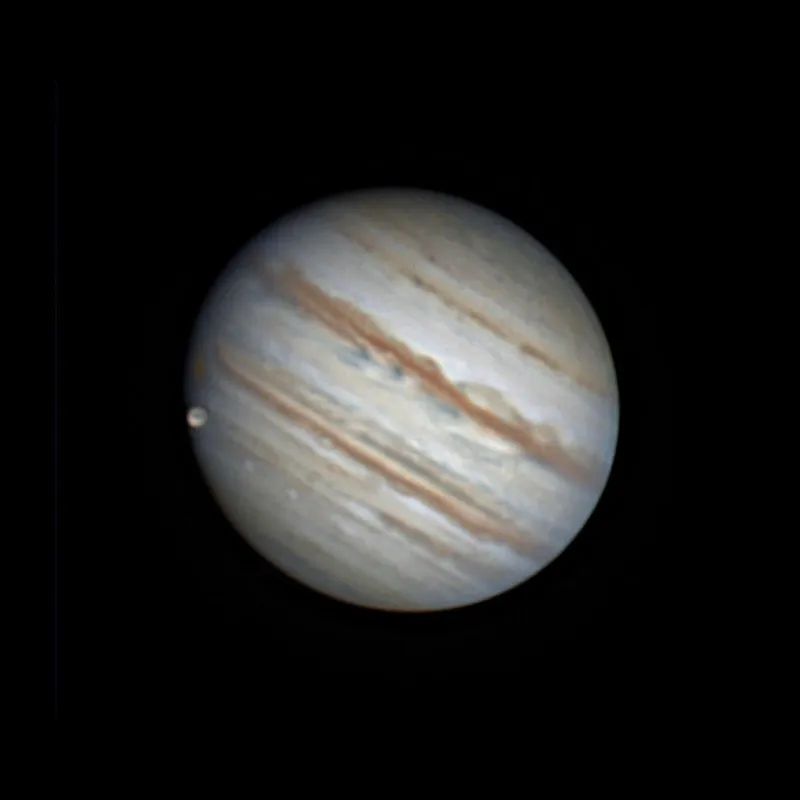
So you’re a lunar observer, you don’t dislike the Moon for drowning out the fainter things to see in the night sky?
Well, if I lived in Snowdonia or Scotland, I'd probably hate the Moon.
But in a big city, you make it your friend; it's something interesting that you can see because there are quite limited options.
But actually, looking at the night skies, it makes you think about time in quite a nice way.
You're thinking, ‘There's this thing happening tonight, when’s the next time that’s going to happen?
'This particular Moon phase with that planet close by – when is the next time that’ll be there in the sky?’
I think it's all too easy to stop thinking about that.
Astronomy really can change your view of time can’t it
I think that side of it really divides people. I speak to some people and they say, ‘Oh, I can't even think about those things.
'It makes me anxious and I can't sleep at night when I think about them.’
But for me it's the total opposite. It's a way for me to relax: thinking about things that are so far away and so long ago really calms me.
There's something very reassuring about the fact that actually you're a very small blip in this whole thing that we're doing right now.
That is incredibly calming for me.
I think it's quite healthy for human consciousness to spend time on things that will be there long after humanity.
The next time I'm spending four hours on a single piece on the drum kit that I'm recording, for an hour I'll remind myself that there are greater things out there!
So not only is it just this enjoyable hobby, and you get pleasure from the objects you're looking at being very pretty.
There's all this other deeper stuff that calms you and makes you think about bigger questions as well.

Has astronomy given you a new vista on music and the band?
Yeah, I'd like to think so. I think just generally for all of us in the band, going and getting interested in something else for a while was very healthy for the music and for us personally.
If I look back to before we took the break and I did my studying, I was definitely more anxious about what I was doing, in the sense that I felt like there was so much at stake.
If the show didn't go well or if the album didn't do this or that, then the world was going come crumbling down.
But I do think now I'm a lot more relaxed, because of looking at things so far away and realising how small you are.
And I'm very, happy about that; I think that's a very healthy thing.
That's a great appeal of astronomy for anyone out there, to get that perspective on their lives.
Will you get the chance to do any stargazing once your 6th album is released?
Well, I take my binoculars on tour, and I probably should bring the telescope on the tour bus.
And the lovely thing about touring is you do find yourself closer to a darker sky than in London – especially in America.
We’ve played in Phoenix, Arizona, and you could just go a short way out of the city and get this amazing sky there.
It's a nice way to travel around the world and see different skies.
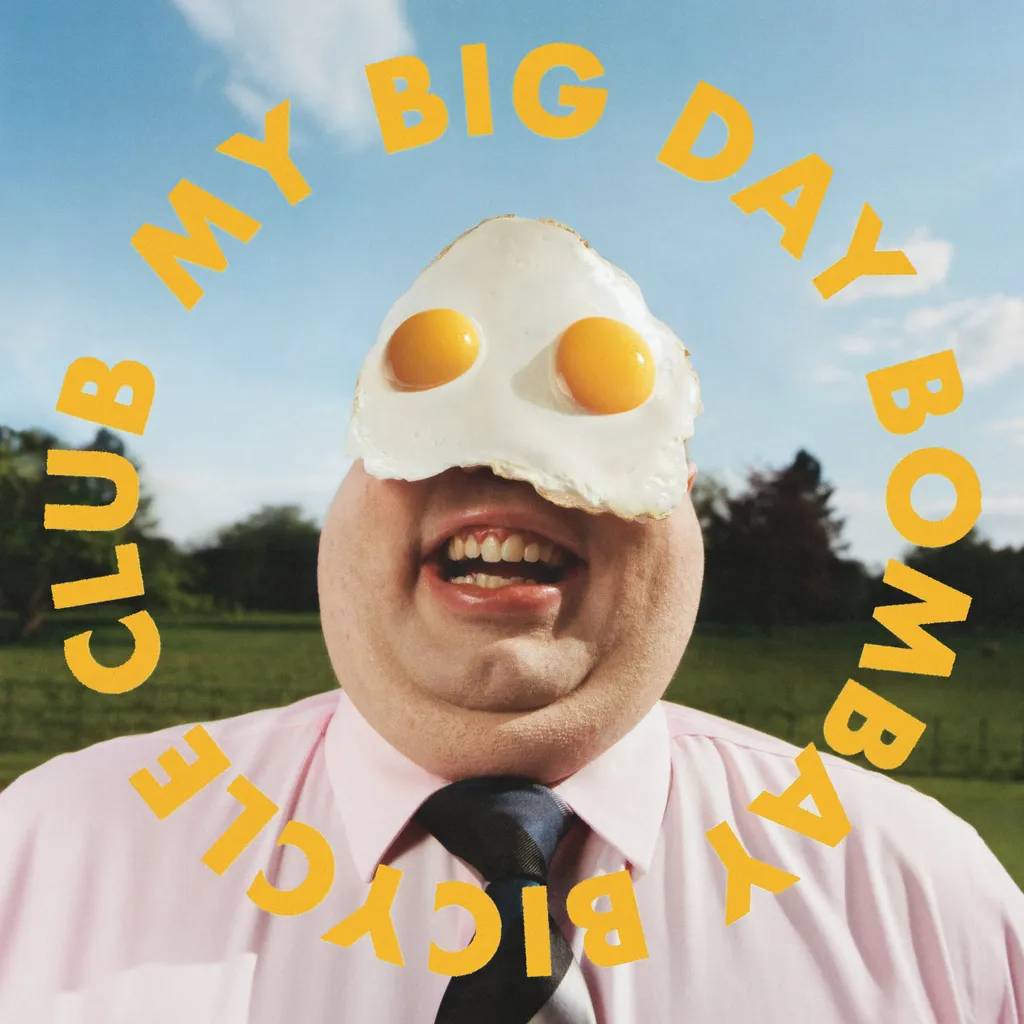
Bombay Bicycle Club’s sixth album, My Big Day, is released on 20 October 2023, through Mmm… Records / AWAL.
Produced by Jack Steadman, the album features guest vocals from Damon Albarn, Jay Som, Nilüfer Yanya and Holly Humberstone.
Get a copy of the album here.
The album is also available via HMV, Rough Trade and eBay.
